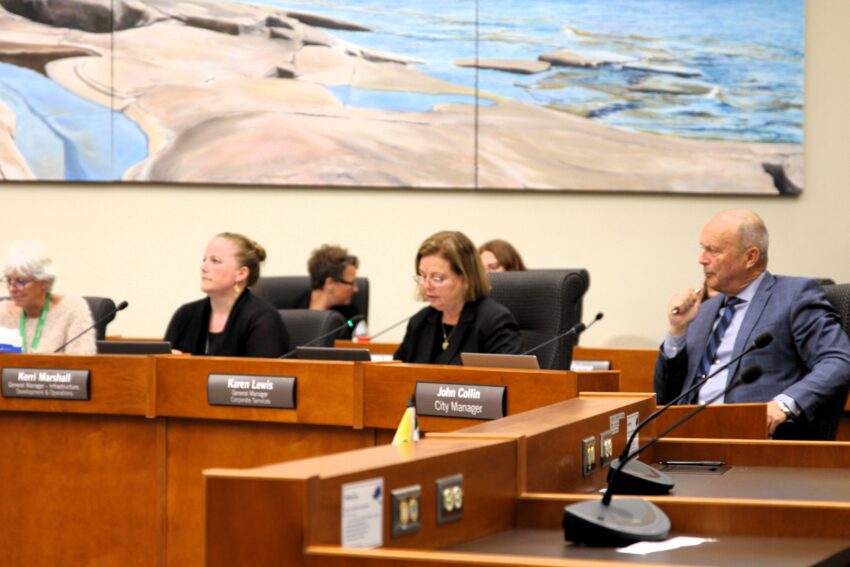City council members were surprised to learn many short-term rental properties are not paying their municipal accommodation tax requirements.
During a discussion that saw council agree to increase the MAT tax from 4% to 5%, administration pointed out there are some short-term rental homes found on online platforms that are not paying the tax.
Collecting from STR providers has become increasingly challenging for many municipalities that have MAT by-laws because the location of the STR properties is unknown.
Online platforms, such as Airbnb, will not collect the MAT on behalf of the homeowner, nor will they provide municipalities with a list of locations of short-term rentals.
Many municipalities have since begun advocating for the provincial government to pressure STR providers to start collecting MAT and location data to help municipalities bring those in violation into compliance.
Based on the data that city administration could collect on available STR average rates and occupancy, enforcing STRs to adhere to the city by-law the city stands to could generate $110,000 to $220,000 in additional revenue per year.
Administration is working on an education plan that will outline the bylaw and inform STRs have to pay.
Another avenue they are taking is partnering with a company that offers STR compliance services to municipalities.
City manager John Collin said the law is the law and everybody should be following it, adding those who don’t follow the law owe the city in arrears.
However, there might be a significant cost to audit STR properties to ensure they comply with the bylaw.
The city has collected $12.2 million since implementing the municipal accommodation tax, which is split evenly between the city and the Community Economic Development Commission and used for tourism development and promotion.

